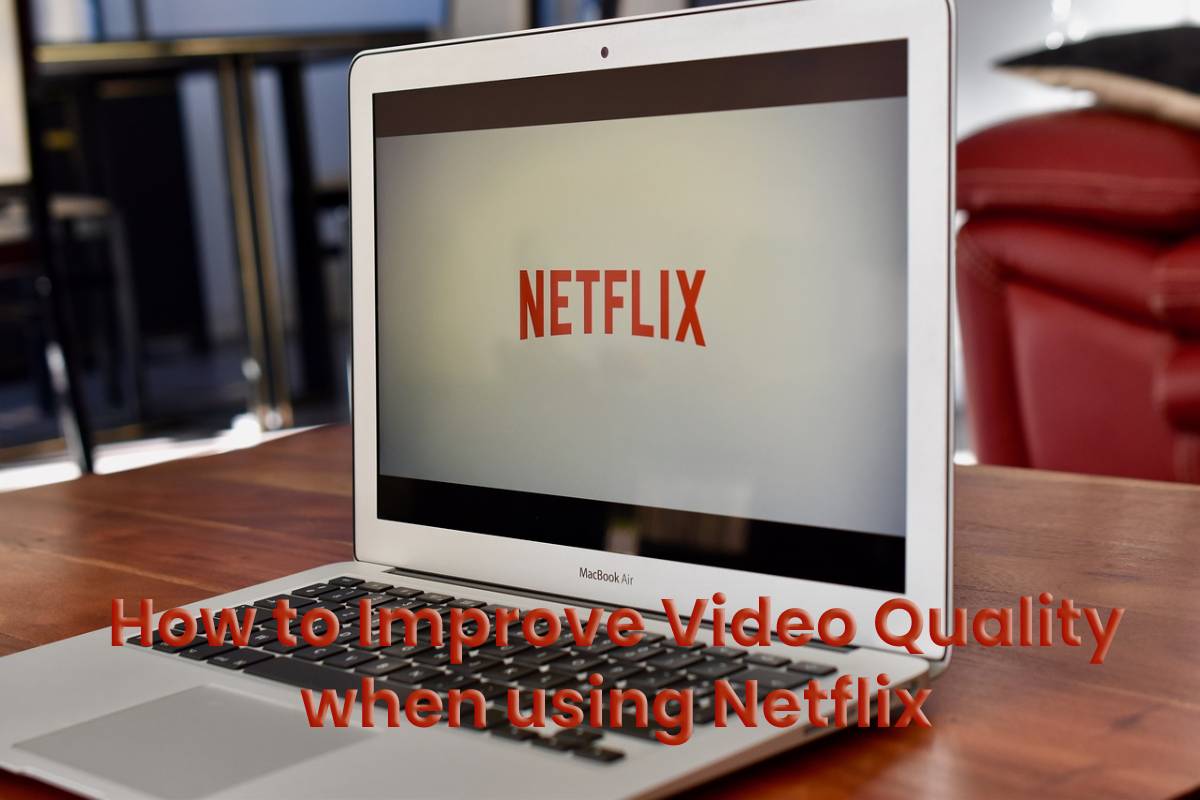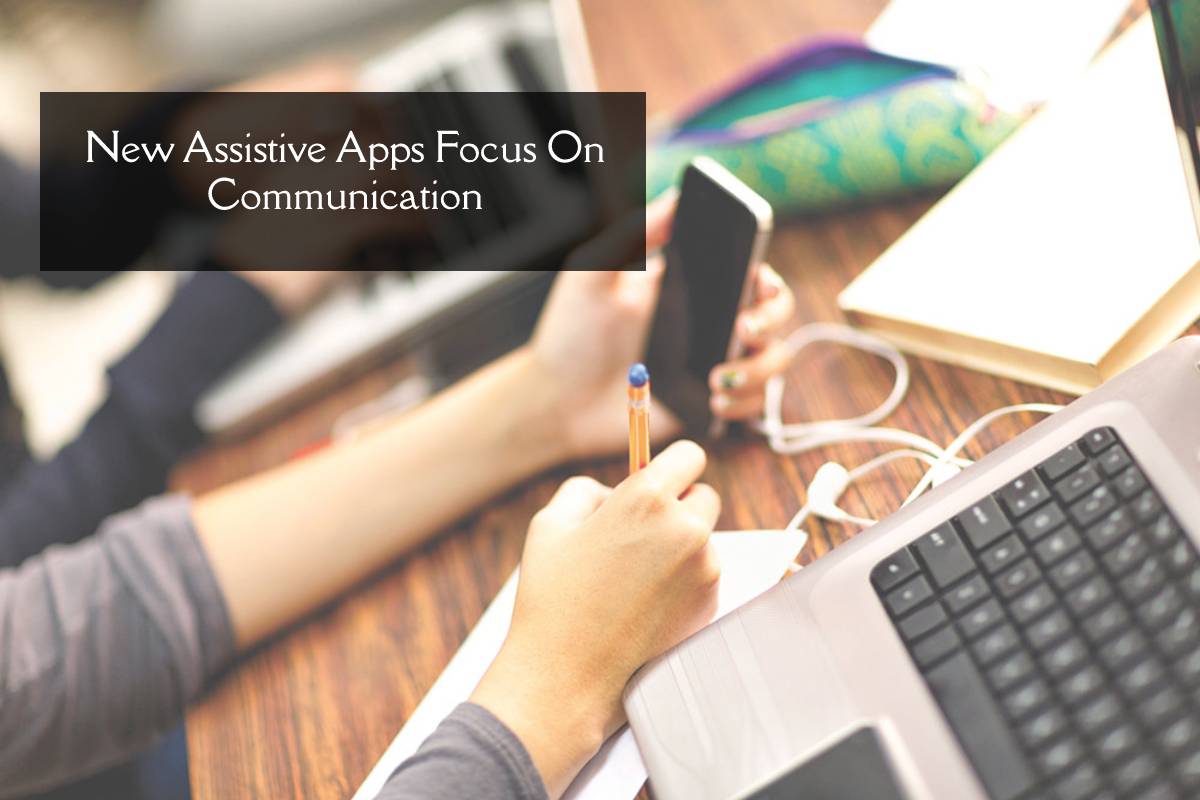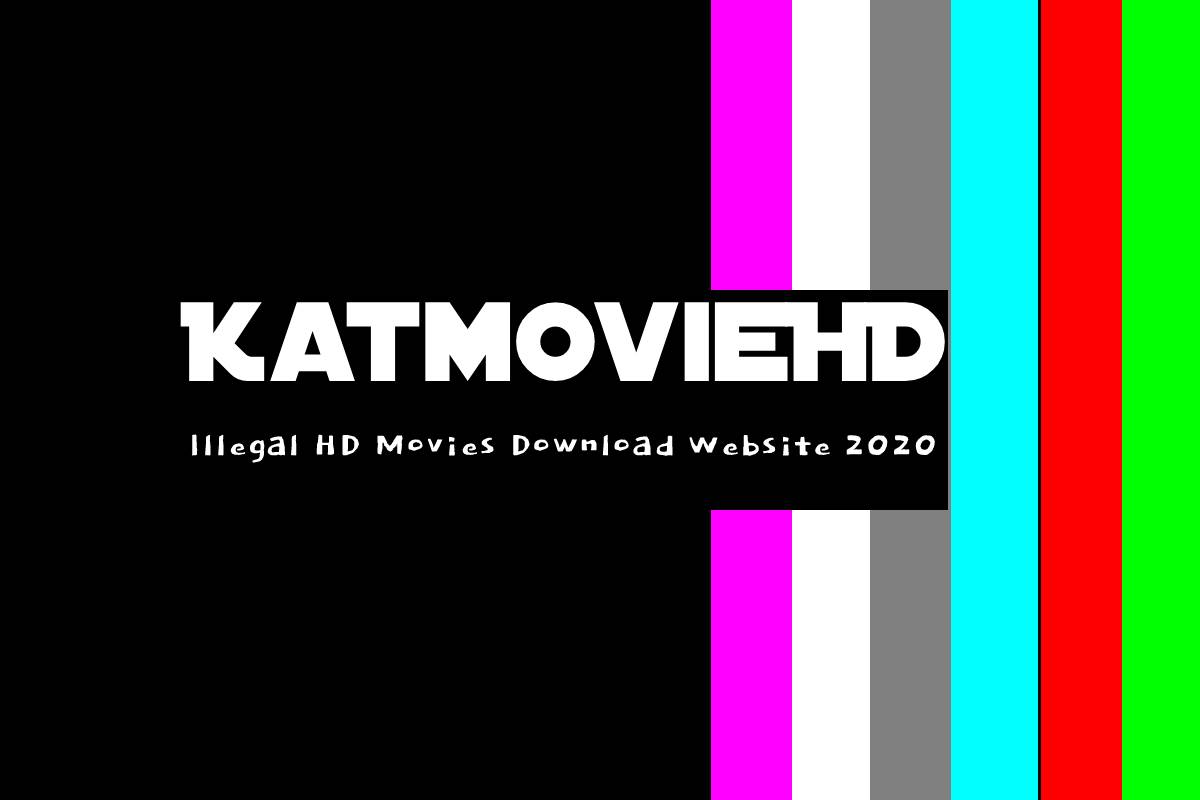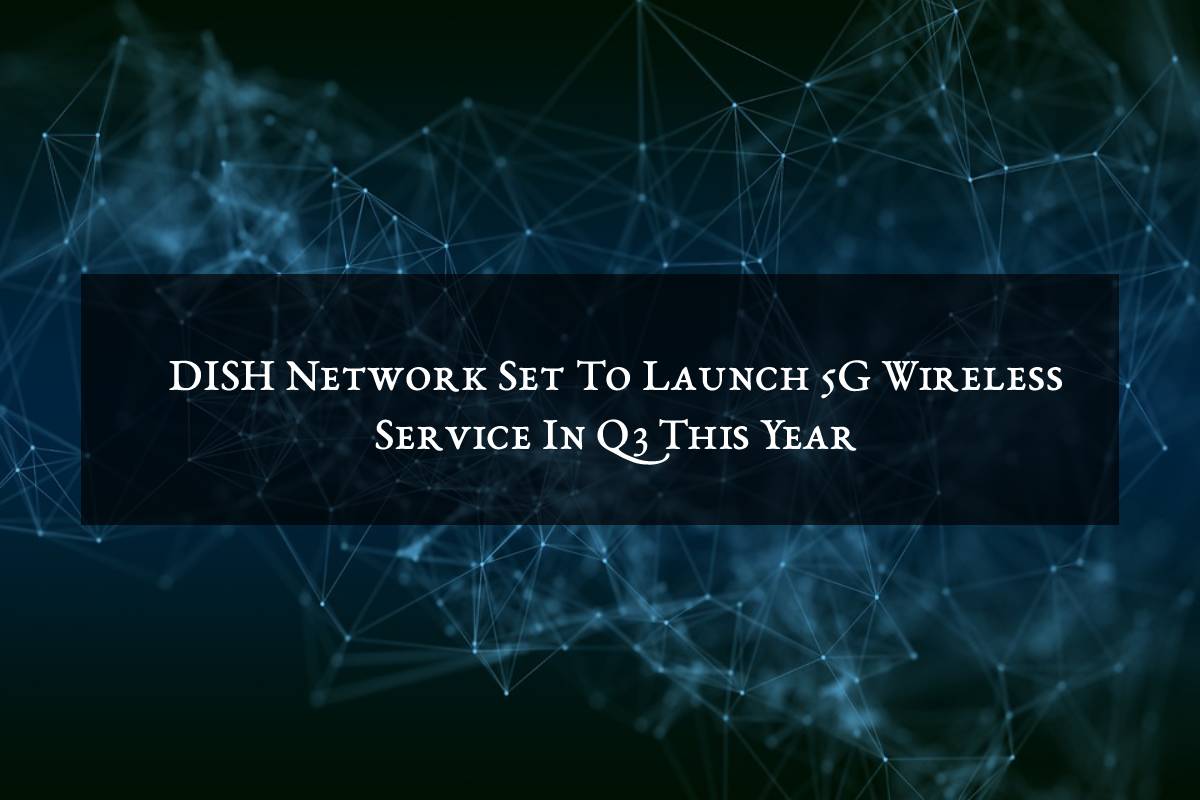A domain name is a unique word that helps people to identify the website that they are viewing. Businesses often have their company’s name as their domain name so that customers can easily find them on the internet through a domain search and easily remember their email address. Here are some other reasons why it is so important to give thorough consideration to your domain name.
Table of Contents
It Represents Legitimacy
Almost anyone can get a domain name through a free website hosting company. These domain names generally contain part of the hosting company’s name, rather than just a company’s name on its own. When a company has its own domain name, it shows that the company spent the necessary time and money to host its own website. This instills confidence in customers and makes them more likely to purchase something from the website, if the business does online sales, or make a visit to the business in person. It also makes the company easier to find via a domain search.
A Bad Name Is Difficult To Change
Sometimes new businesses get in a hurry to set up their online presence. However, this can backfire if they need to change something about their presence at a later point. Changing a domain name usually involves not only changing the website address but the email address of the company as well. Letting customers know about the change can be a tedious process and may result in the loss of some customers. Resources such as Namify.tech can help businesses select a good domain name from the start.
Boosts Appearances in Search Engines
Having a domain name that is descriptive of your business helps your page to appear earlier in search results. This is important because people are less likely to go to the second, third or farther page in the search results and tend to stick with a website they find on the initial page. It is also important to note that sometimes people will type in a domain name hoping to find a website tied to that name. For example, if they are looking for running shoes, then they might type something related to running shoes and then “.com” directly into the search bar. Having a relevant domain name will help these people find you better.
Domain Names Help the Brand
Companies like Namify.tech know how important branding is, which is why they offer help with logo creation in addition to helping companies find the perfect domain name. A domain name is intricately tied to a company’s brand and is often spoken in television advertisements as well as printed in the newspaper and other advertisements. Regardless of how much work a company puts into its social media presence and print advertising, this will go to waste without a legitimate and easy-to-remember web page name.
Whether you own a new business or have been in the industry for years and are just now looking to establish an online presence, consider how important it is to carefully choose your domain name before proceeding.










